Due Diligence vs Risk Management
We desire that our world be prosperous and safe. And it seems that due diligence has become essential to these outcomes. Due diligence (or care) is a legal concept, derived from the societal need to ensure fairness in dealings between human beings. It has been variously defined, for example:
The diligence reasonably expected from, and ordinarily exercised by, a person who seeks to satisfy a legal requirement or obligation1 and,A minimum standard of behaviour which provides against contravention of relevant regulatory provisions and adequate supervision ensuring that the system is properly carried out.2
Such legal obligations can be created by statute law, for example the Model Work Health and Safety Act (2011)3 or from the common law as a defence against negligence4.Engineering due diligence is all about ensuring that the laws of nature and the laws of man simultaneously align. Sometimes this really does require moral courage and persistence.Risk, and its close cousin reliability, are not scientific concepts. Certainly there are elements like consequence modelling that are scientific. But the reason why things go wrong is more to do with human confusion or greed rather than a misunderstanding of the science.Taking chances (risks?) to advance the human cause (and yes, make money) must be encouraged – but doing it recklessly and endangering others - should be discouraged. The solution is due diligence, not risk management.
1Black’s Law Dictionary, 4th Edition (2009)
2LexisNexis Concise Australian Legal Dictionary, 4th Edition (2011)
3 Risk & Reliability - Engineering Due Diligence (9th edition)
4 Risk & Reliability - Engineering Due Diligence (9th edition)
